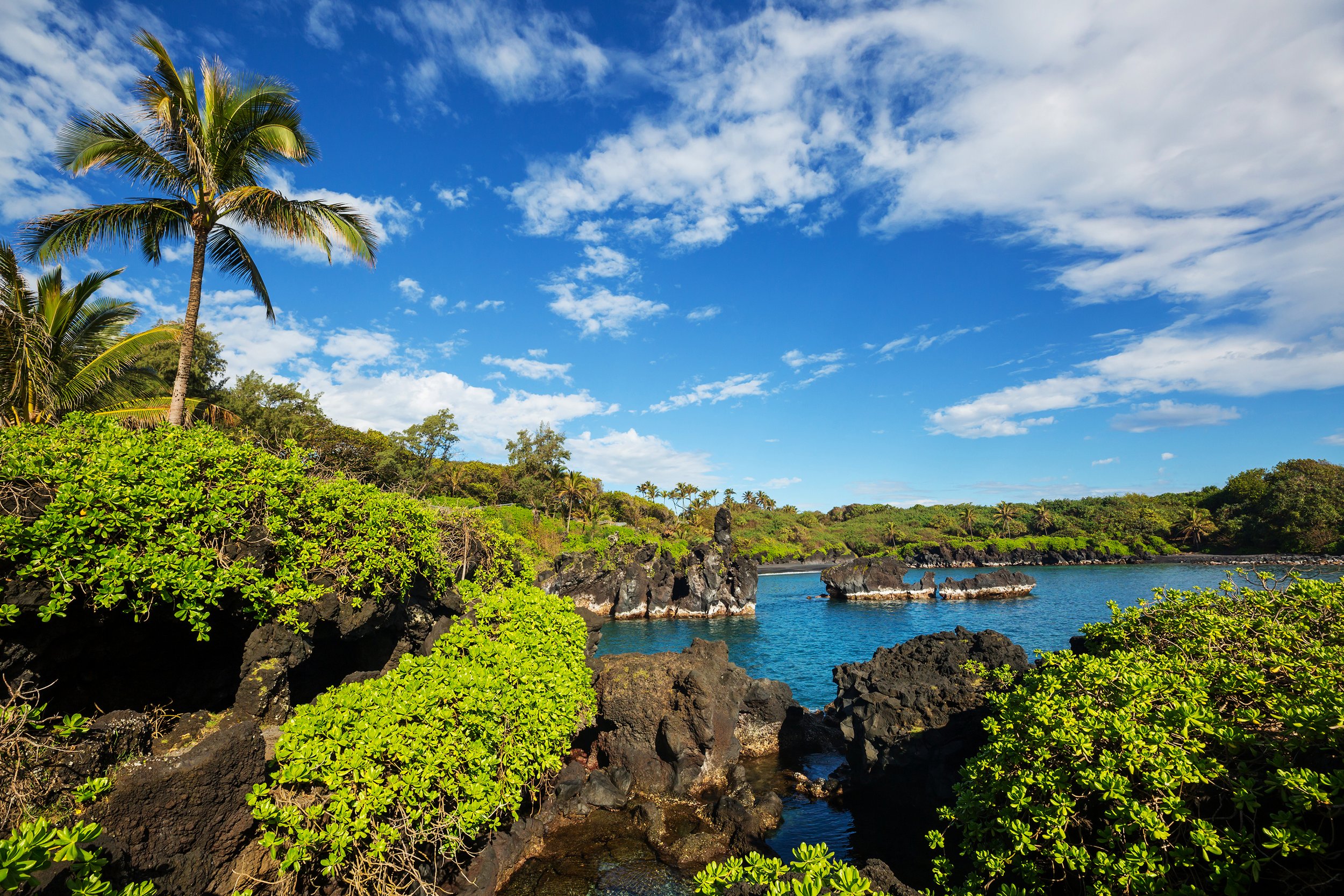The Maui Recovery Funders Collaborative grant applications will be unavailable starting Friday, November 21 for scheduled updates, as part of our year-end maintenance for grantmaking. Updates to the MRFC grant process are expected and will be announced in January 2025. Scroll to the bottom of this page to subscribe to email updates. Mahalo nui!

MAUI RECOVERY FUNDERS COLLABORATIVE

Coordinated Support for Recovery, Rebuilding and Community Wellbeing
The Maui Recovery Funders Collaborative, established in response to the 2023 Maui wildfires, is a philanthropic network designed to leverage and coordinate funding. It also reduces the burden on organizations seeking grant funding by providing a single entry point process, enabling applicants to reach a variety of funders through a streamlined approach.

APPLICATION UPDATE
The Maui Recovery Funders Collaborative grant applications will be unavailable starting Friday, November 21 for scheduled updates, as part of our year-end maintenance for grantmaking. Updates to the MRFC grant process are expected and will be announced in January 2025. Scroll to the bottom of this page to subscribe to email updates. Mahalo nui!
RESOURCES
For Nonprofits & Qualifying Organizations
Maui United Way offers grant workshops and resources, from federal grants to grants for indigenous communities: Resources and Trainings for Grantseekers’ to: https://www.mauiunitedway.org/
Note: Funding is for nonprofits, fiscally-sponsored entities and other qualifying organizations.
How We Work
A Collaborative funding group streamlines the grant application process, making it easier for organizations to access multiple funding sources without having to identify and assess various opportunities and submit multiple separate applications. This type of funding also adds value like strengthened relationships, opportunities for community voice to guide priorities, and more.
-
Through the Collaborative, requests are welcome from all eligible organizations. The Funding Partners worked together to create an application designed to meet the criteria of nearly all funders, eliminating the need for repeated submissions. This funding approach involves three key parties: the applicant (as part of broader Community engagement opportunities), the Funding Partners, and a contracted Administrator. Our Collaborative’s administrator has extensive experience working with direct service nonprofits, the philanthropic sector, and disaster recovery, and has successfully designed and managed collaborative and pooled funds. This added capacity ensures a smooth and efficient process for both applicants and funders, allowing community-based organizations and funders to focus on the ever-evolving disaster recovery needs of the Maui community.
As a Collaborative funding group, each participating Funding Partner works together yet maintains autonomy over their own funds; this is not a pooled fund. As such, Funding Partners independently assess applications processed by the Colalborative’s Administrator, evaluating each request's alignment with their own funding guidelines and priorities. This individual review allows funders to consider requests through the lens of their specific goals and criteria.
Concurrent with completing individual assessments, the Collaborative convenes to discuss applications in depth (along with engaging in topic-based learning, welcoming community guests and other special Subject Matter Experts, coordinating with the public sector, andmore). At these regular meetings, Funders Partners share their insights and explore how the requests align with the collective goals of the group. This discussion helps identify additional questions about the request and fully leverage funding from peers participants.
By combining individual and group perspectives, the Maui Recovery Funders Collaborative ensures a well-rounded, strategic and maximully leveraged approach to grantmaking.
“The Maui Recovery Funders Collaborative allows us to coordinate funding efforts more effectively, reducing the burden on organizations seeking support and ensuring that aid reaches those who need it most.”
- Jeeyun Lee, Director of Impact at Maui United Way.
Goals of the Collaborative
“Disaster recovery moves at the speed of relationships.”
Philanthropy working together to…
-
This process is open to all qualifying entities, no invitation is required.
Participation by funders diverse in their areas of focus and missions provides more exposure to potential funders than applicants may otherwise have.
Accompanying one-on-one technical assistance helps applicants navigate the collective process and any additional information individual funders may require.
Collaborative review and group discussions helps maximized leveraged funding potential.
-
The application questions and process has been carefully curated to address the needs of nearly all Funder Participants, meaning applicants do not need to “apply again” to funders interested in supporting them.
For the small number of Funding Partners that may require additional information, technical assistance is provided; redundancies are reduced or eliminated.
-
Formal and informal opportunities are available for direct community input - to shape priorities and share insights.
Participants gain knowledge in an array of specific sectors and program areas, especially those relevant to - but also extending across - disaster recovery.
Funding Partners learn from peers as well as guest Subject Matter Experts including applicants with innovative, locally-led initiatives.
-
This work establishes and strengthens a collaborative grantmaking approach that can be used to address other community obstacles or opportunities.
-
Both process and product are impactful when working through intentional, mission-aligned partnerships.
Opportunities to develop new partners and strengthen existing ones.
-
The ultimate goal - all of the above is designed to best support those impacted by disaster.
Creating accessible, leveraged, robust and supportive pathways for recovery funding.
ADMINISTRATOR & LIAISON TEAM




















